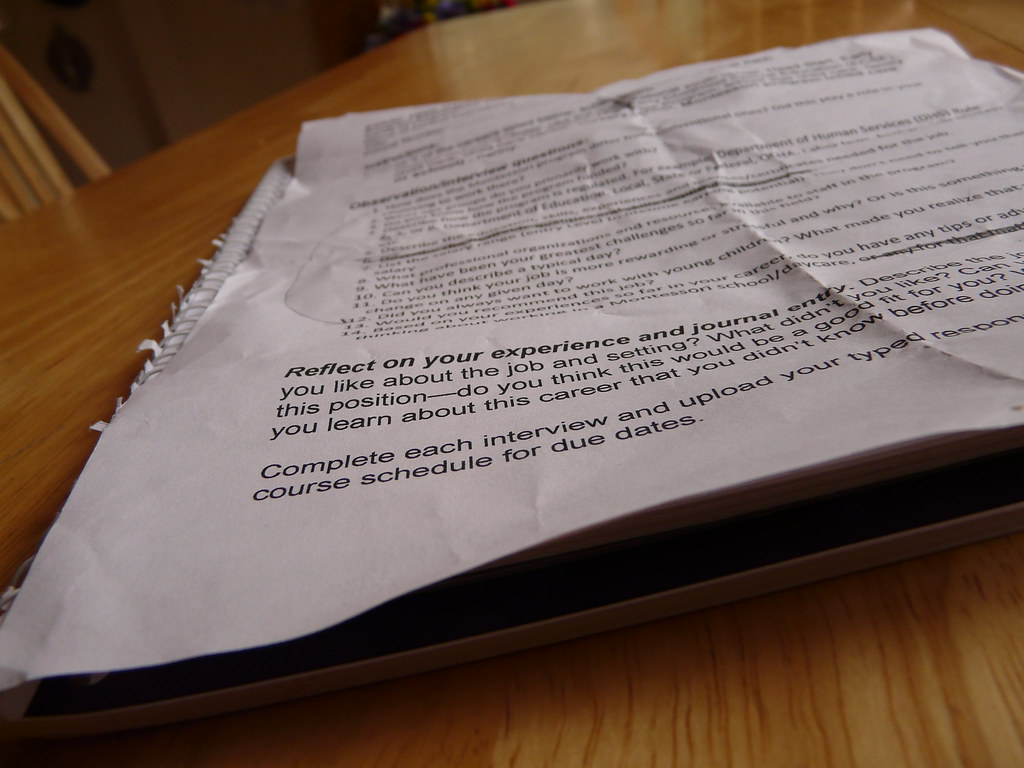
Research in school settings is typically more structured than research for everyday life.
As a student researcher, some decisions are made for you through your research assignments. You might be asked to:
- Write a paper using academic sources
- Give an oral presentation, or
- Apply what you're learning to help people solve a problem
The assignment structures your learning so you can focus on mastering one piece of the research process at a time. Your assignment might specify:
- Why you need to do research ("this paper will be 25% of your grade for the class...")
- What kind of information to use ("peer reviewed", "scholarly", or "academic sources", "books and journals", "no Wikipedia")
- How much information to gather ("a minimum of three sources")
- What you will do with the information ("write a paper," "give a presentation," "develop a bibliography")
- What ethical principles should guide your work: "don't plagiarize!", "be sure to cite your sources!"
Often, assignments allow you to choose your own topic while still stating expectations about what kind of sources to include, what citation format to use, and so forth.
Opportunities to conduct independent research as an undergraduate or graduate student can be exhilarating and anxiety-producing. Capstone and thesis projects are often the first time you get to take responsibility for the full range of decisions about your research.
However structured your project, attributes of initiative, patience and openness to learning are key to your success as a researcher.
"P1110615" by technicolours is licensed under CC BY-ND 2.0


